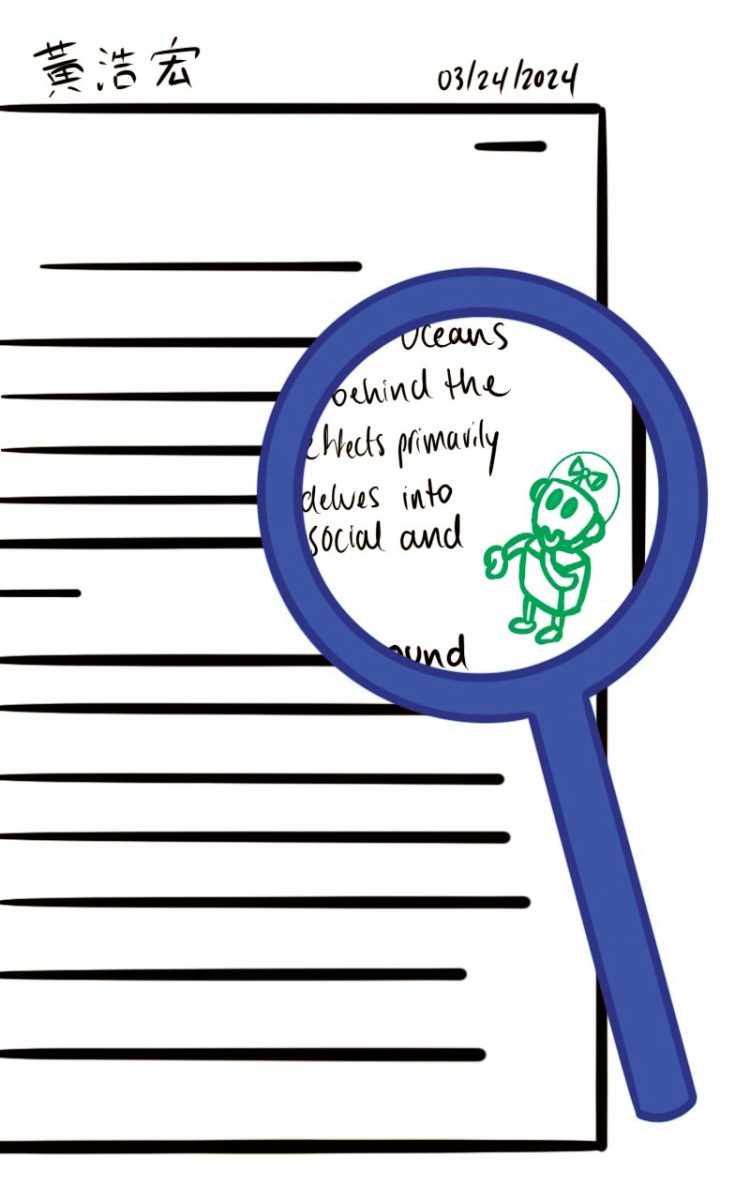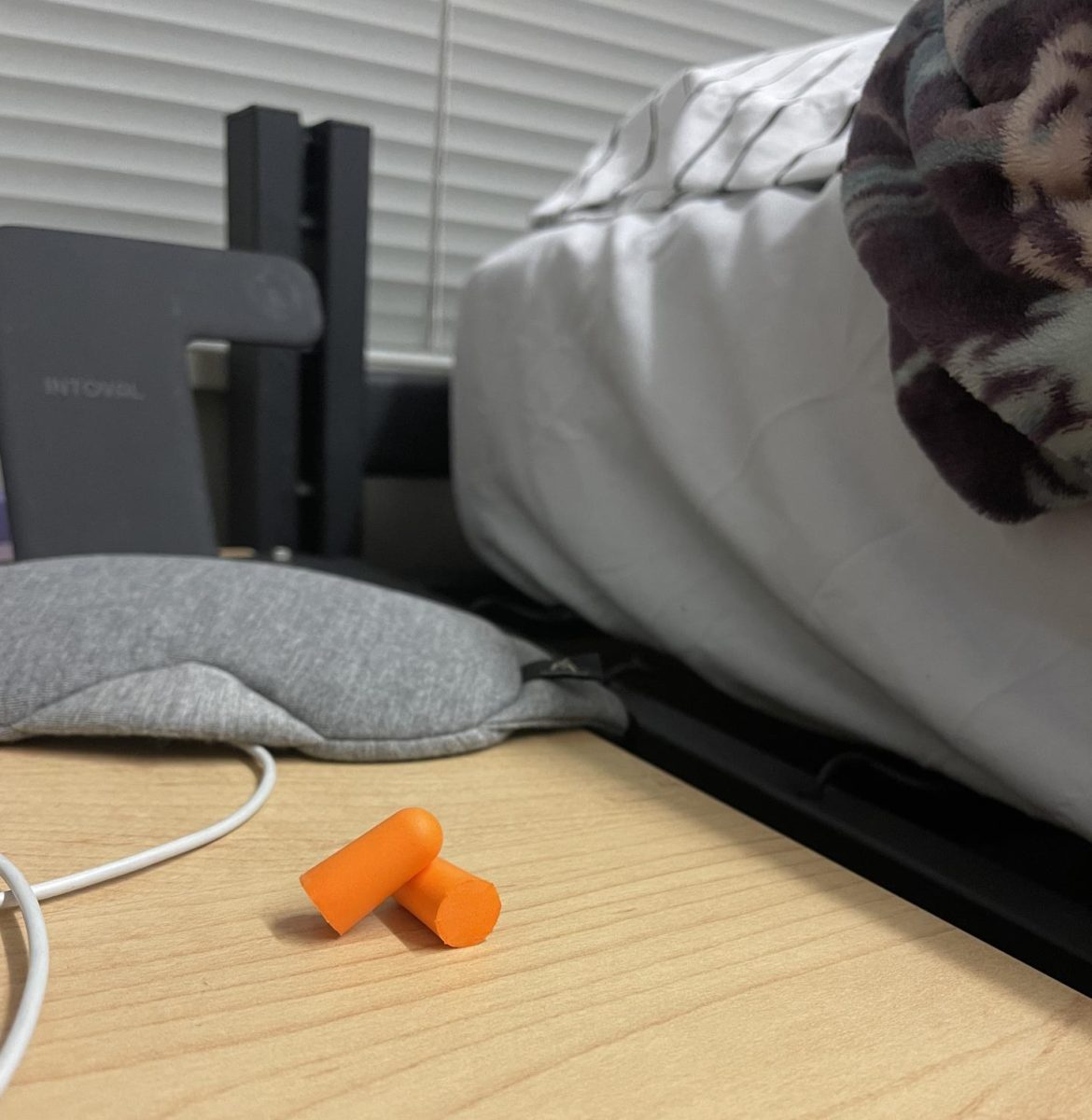With more emphasis than ever on environmental sustainability and the greening of college campuses, it is vital that Loyola make efforts to recycle the materials generated by the entire community.
The university’s recycling program hopes to encourage environmental awareness and support responsible consumption. As a campus community, we can set an example to others by decreasing the adverse impacts on our environment and conserving precious natural resources.
Through a contract with Allied Waste, we now have a single-stream system that can take office paper, junk mail, magazines, newspapers, phone books, catalogs and flattened corrugated cardboard boxes in indoor bins at 40 different locations. Aluminum cans, bimetal cans and plastic bottles can be recycled in outdoor bins in 45 different locations.
An arrangement has been made with Office Max and our purchasing department for the recycling of our computers, monitors, printers and other electronic equipment. They can be delivered to Leonard Howard in room 125 of Monroe Hall.
Cell phones, rechargeable batteries, ink jets and toner cartridges are recycled through the Recycle 4 Charity program, and textbooks are recycled through Better World Books. These items are picked up from their respective containers, sorted and mailed by students doing service learning.
Finally, another program that was started this year is the recycling of leaves and grass clippings as mulch to interested gardeners. They are picked up by Loyola’s sustainability garden near Monroe Hall.
In spite of the availability of plastic recycling on campus, Loyola’s Sustainability Committee wishes to encourage the use of sustainable beverage containers instead.
There is a false sense that we are doing something good for the environment by recycling plastic when really, the environmentally responsible choice is not to purchase it in the first place.
Over the years, more and more manufacturers are shifting from using glass and paper containers to plastic for their products. The number of these containers is in the billions.
Unfortunately, major bottling companies are not incorporating post-consumer, recycled plastic into new bottles at the rate that they have promised. Ideally, the producers of the bottles should be responsible for the products that they are making in such vast numbers, but the reality is that it is cheaper for bottling companies to make new bottles from petroleum than it is to recycle them. The cost to ship plastic for recycling is very high because it is a light material that takes up a very large volume.
Economically, the plastic market is low. The value of most plastic is only three to eight cents a pound. In comparison, aluminum’s value ranges from 25 to 80 cents a pound.
Only five to 10 percent of all plastic produced is actually recycled, with the remaining 90 to 95 percent ending up in landfills or as litter on land and water. The oceans are becoming literal garbage dumps as currents concentrate in floating plastic areas. It entangles animals and is eaten by marine life, causing digestive blockages, poisoning and starvation.
The environmental impact of using a non-biodegradable substance to make disposable items is not logical. Some college campuses and communities have banned plastic bottles altogether.
What can we, in the Loyola community, do to reduce plastic use? First, we could return to aluminum can vending machines. Second, we could use reusable beverage containers instead of buying bottled water. Third, we could use the mugs provided by Sodexo for the fountain drink dispensers in the dining area.
Loyola should aim to reduce overall plastic use by “pre-cycling,” which is the concept of consciously considering the environmental impact of any items we purchase and modifying our buying habits accordingly. If we wish to move towards a greener campus and to take care of the Earth, thought should be given to these issues.
Kathy Anzelmo is an instuctor of biology. She can be reached at
On The Record is a weekly column
open to any Loyola faculty or staff memeber. Those interested in contributing can contact













